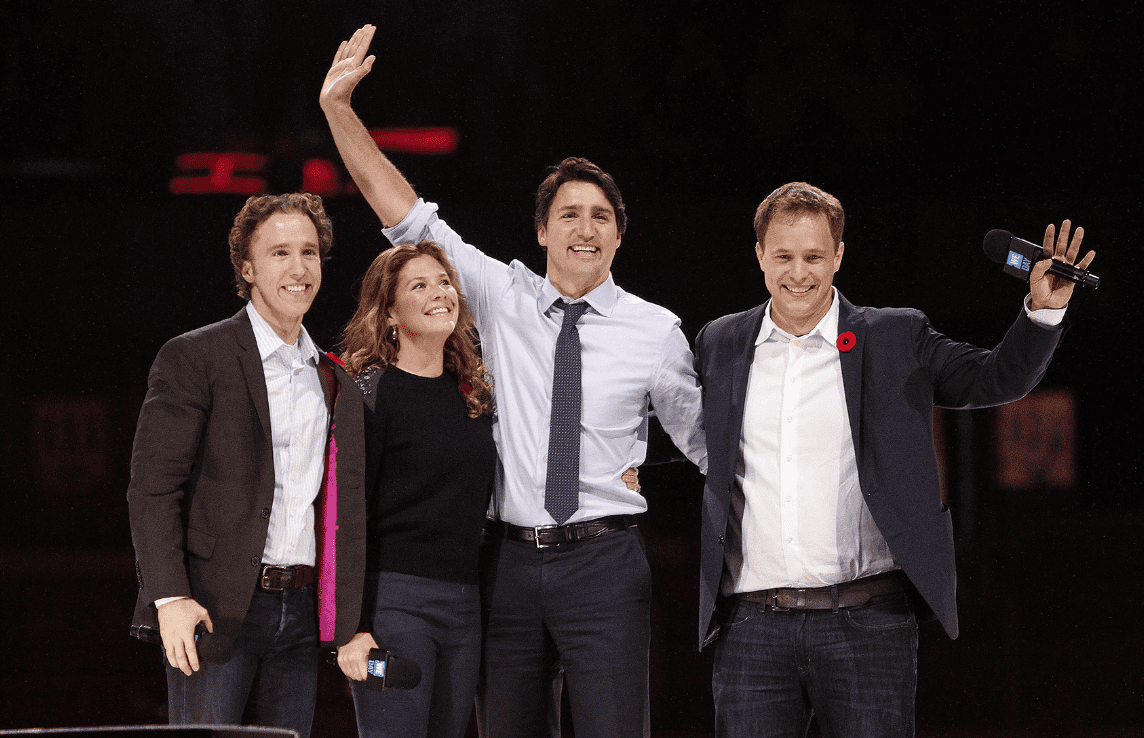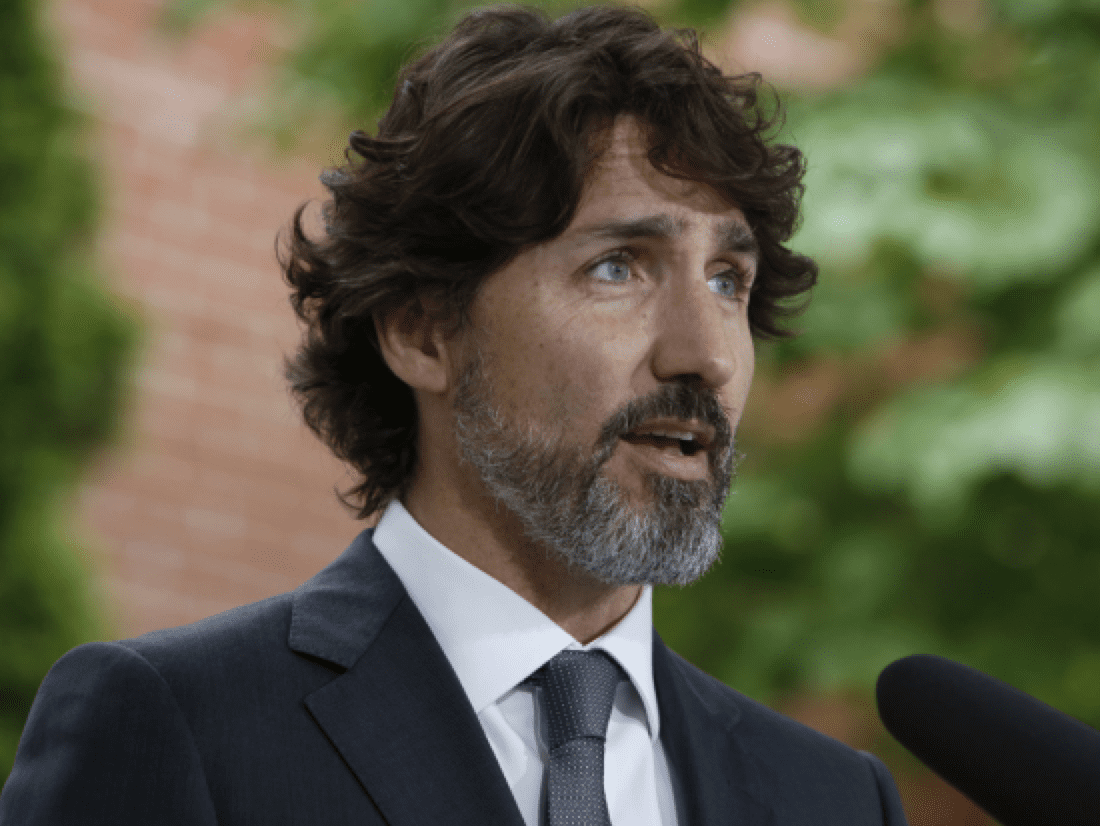On Monday, prime minister Justin Trudeau gave a somewhat grovelling apology for the whole WE Imbroglio, including his regrets that because he didn't think to recuse himself from the decisions surrounding using the WE Charity to administer the Canada Student Grant program, that all of these students face delays in being assigned placements. Never mind that because of this, people started actually paying attention to WE's questionable activities and some of their proposed practices as part of this program, like offering kickbacks to organizations who came up with bulk placements, came to light and were halted, but the whole affair does speak to some of the ways in which the centralization of power in leaders' offices encourages these very same kinds of outcomes.
What seems remarkable about the events leading up to Trudeau's apology is the fact that nobody in his office seems to have challenged anything that was happening, or served as a voice of reason that perhaps he needed to ensure that for the sake of appearing above reproach if nothing else, that he should have no part in any decision that was to be made, because he had made such close ties to the organization even if he wasn't being paid. Trudeau stated on Monday that he should have been thoughtful enough to recuse himself from any of these discussions given his family's ties to the organization and he should have but there should have been someone in the office who put their foot down to save himself from his own worst instincts, no matter how well-intentioned he may have thought them to be.
It's not surprising, however, that this was the case. The trend has been for a while now that staffers are hired for their loyalty, and under this prime minister, there is an organizational structure where Cabinet ministers' chiefs of staff report to the PM's chief of staff and not to their own minister a sign not only of the centralization of power, but of whom their loyalties should lie. This should call into question the quality of advice that is being given something that any observer of this government (as well as the one previous for that matter) should see as plainly obvious. Decisions are made that should never have been, because these staffers are keener to curry favour than they are to exercise a challenge function, and that's a problem especially when there is a pattern of behaviour that has become apparent over time. There should be a flashing red light and accompanying klaxon that goes off every time this government has a discussion where nobody actually performs the challenge function, because maybe then somebody will get the hint.
This isn't just with regards to Cabinet either there appears to be very little pushback from the caucus as well, barring one or two known "maverick" voices, in part because of the incentive structure that has perversely grown up in our system over the past couple of decades. MPs who push back against their leaders face the real threat of not having their nomination papers signed if they aren't unceremoniously booted from the party as we saw with Jody Wilson-Raybould and Jane Philpott nor do they enjoy the agency to tell their leader that perhaps he has become a bigger hindrance to the party than a help. In a country with a functional Westminster parliamentary system, the caucus should be able to introduce a spill motion where they decide to replace the leader, and then select a new one from within their ranks. While Canada led the pack with doing away with this ability back in 1919 under the wrong-headed rubric of making leadership contests "more democratic," most other Westminster countries have also done away with it the UK more recently under the same faux-democratic reasoning as Canada, and Australia putting higher thresholds on spill motions in part because they endured so many over the past decade that there was a sense of fatigue around their use.
Nevertheless, it should be important that the very elected officials that make up the caucus be able to exercise a challenge function against their leader because they will bear the consequences of his actions. Because their ability to fire and select leaders has been stripped from them, the leader has no reason to fear his caucus unless they really organize themselves, at which point he would have little choice but to step down if there are too many dissenters to purge. And in this particular case, you would have MPs who would be able to say "This is the third ethics investigation, the third self-inflicted wound to the party and the brand, and maybe three strikes mean you're out." But that's no longer how things operate in this country, which is to our detriment.
There is also the problem that even within the party's mechanisms, Justin Trudeau has seen to it that he has done away with any internal challenge function, sweeping away the provincial arms and various official wings of the party that could provide pushback for his decisions. Trudeau saw to it that under the guise of "modernization" and making policy development more "nimble," his authority was centralized in his office, justifying decisions with Big Data, and reducing grassroots policy development to a narrow set of rules that are more about putting on a show that is treated as a suggestion rather than anything of substance, once again, having no structure in which to challenge his decisions.
That Canadians have willingly gone along with this erosion of their ability to hold their political leaders to account internally should be galling, but for the most part, it was media voices who acted as cheerleaders because they bought the "democratization" or "modernization" lines without understanding the systems as they existed, or the consequences of those decisions. And we are now living with those consequences, as the removal of internal dissent and pushback means that our leaders are making dumb mistakes that should never have happened. There is a way to fix this, if anyone wants to do the hard work of unwinding these destructive changes.
Photo Credit: CBC News








